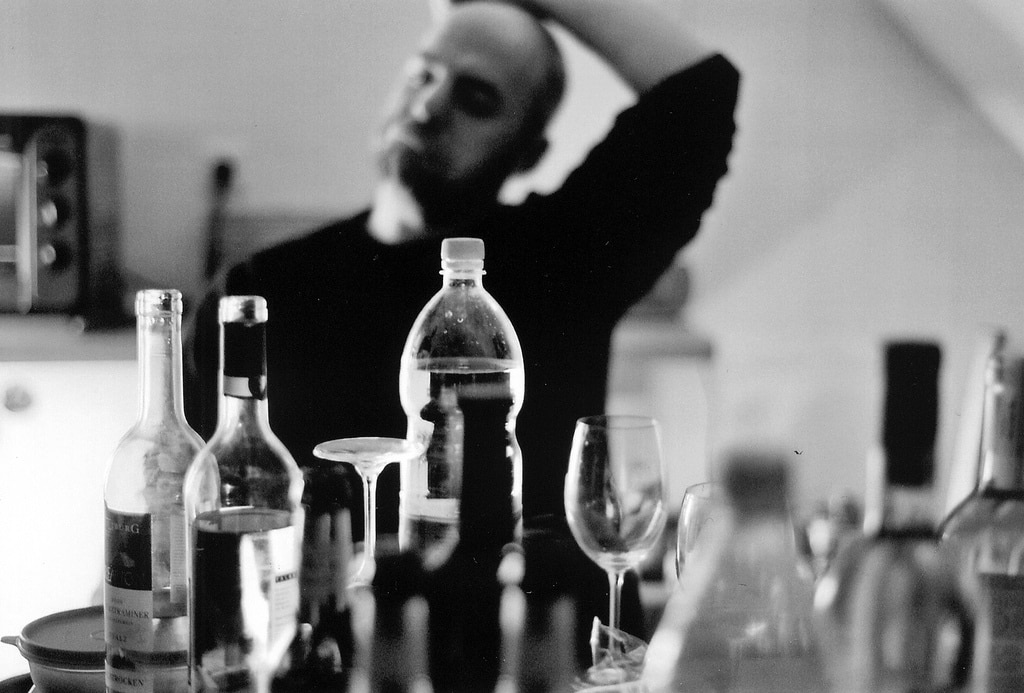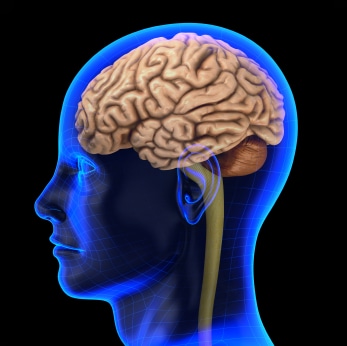Grace Roots & SAFE Coalition Fight Substance Abuse & Addiction In Local Communities Says Sharon Kleyne Talk Radio
Local Solutions Essential To Defeating Opiate Crisis Says Sharon Kleyne Talk Radio. Nature’s...
Read Moreby VoiceAmerica | Sep 24, 2020 | Health & Wellness | 0 |
Local Solutions Essential To Defeating Opiate Crisis Says Sharon Kleyne Talk Radio. Nature’s...
Read Moreby VoiceAmerica | Sep 22, 2020 | Health & Wellness | 0 |
Derick, Yonally & Kleyne Propose Stress & Addiction Relief on Sharon Kleyne Talk Radio....
Read Moreby VoiceAmerica | Aug 21, 2019 | Empowerment | 0 |
I host a radio weekly internet radio show on the VoiceAmerica Empowerment Channel called Life...
Read Moreby VoiceAmerica | Sep 25, 2013 | Health & Wellness | 0 |
Do you need caffeine or sugar to help you wake up and/or get through the day? Do you turn to...
Read Moreby VoiceAmerica | Jul 30, 2013 | Health & Wellness | 0 |
Alcoholism is a complex disease with genetic factors intertwining with environmental...
Read Moreby VoiceAmerica | Jun 5, 2013 | Health & Wellness, Variety | 0 |
Addiction is one of the most hard wired brain diseases that exists , yet people routinely ascribe...
Read More






